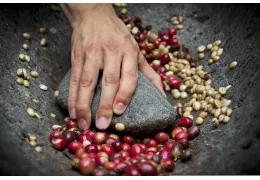How is ZAVIDA flavored coffee beans produced?
Search in blog
Blog categories
Latest posts
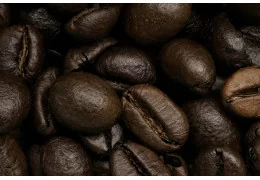
A short history of coffee! 03/03/2023 Read more
Posted in: TopBlend
6766 views 0 Liked
A short history of coffee!
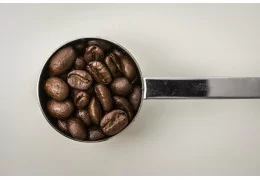
The etymology of coffee 03/03/2023 Read more
Posted in: TopBlend
6030 views 0 Liked
About the etymology of coffee
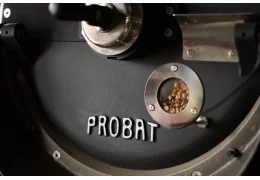
Coffee torrefaction! 03/03/2023 Read more
Posted in: TopBlend
5468 views 0 Liked
What is Coffee Torrefaction?
Popular posts
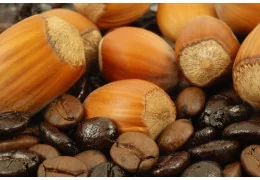
Zavida Coffee - Hazelnut Vanilla 03/03/2023
Posted in: TopBlend
10641 views 1 Liked
How is ZAVIDA flavored coffee beans produced?
Read more
A short history of coffee! 03/03/2023
Posted in: TopBlend
6766 views 0 Liked
A short history of coffee!
Read more
The etymology of coffee 03/03/2023
Posted in: TopBlend
6030 views 0 Liked
About the etymology of coffee
Read more
Coffee torrefaction! 03/03/2023
Posted in: TopBlend
5468 views 0 Liked
What is Coffee Torrefaction?
Read moreFeatured posts

A short history of coffee! 03/03/2023
Posted in: TopBlend
6766 views 0 Liked
A short history of coffee!
Read more
The etymology of coffee 03/03/2023
Posted in: TopBlend
6030 views 0 Liked
About the etymology of coffee
Read more
Coffee torrefaction! 03/03/2023
Posted in: TopBlend
5468 views 0 Liked
What is Coffee Torrefaction?
Read more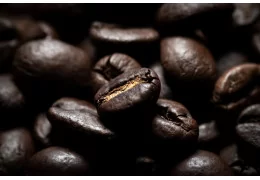
Decaffeinated coffee 03/03/2023
Posted in: TopBlend
4515 views 0 Liked
Decaf coffee process
Read moreBlog tags
Archived posts
Top authors
 Alexandru Dordea 9 Posts View posts
Alexandru Dordea 9 Posts View posts










